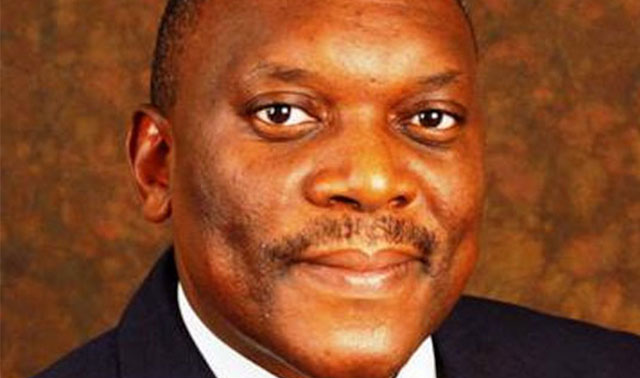 This week, telecommunications minister Siyabonga Cwele claimed there has been a “market failure” in the roll-out of broadband in South Africa. This, he said, is the reason the poor don’t have access.
This week, telecommunications minister Siyabonga Cwele claimed there has been a “market failure” in the roll-out of broadband in South Africa. This, he said, is the reason the poor don’t have access.
The minister was defending government’s decision to intervene in the market, explaining why it chose the partially privatised Telkom as the “lead agency” to deliver high-speed Internet in underserviced parts of the country.
But the truth is that the market hasn’t failed — it is the government that has failed. Government has become the biggest impediment to the roll-out of broadband infrastructure in South Africa.
The failure by Cwele — and the long list of ministers that have led the department of telecoms (and the department of communications before it) — to make any substantive progress on pressing issues facing the industry is really what’s holding back roll-out.
The list is long, but let’s tackle a few of the things that are holding back the industry, and on which Cwele and his predecessors have made lamentably little progress.
The first and arguably most pressing issue is digital migration. If South Africa had met its original deadline, set by former minister Ivy Matsepe-Casaburri, this project would have been completed in 2011. As it stands, it’s likely that the June 2015 deadline government agreed to with the International Telecommunication Union to end analogue broadcasts will sail by without the country having even begun commercial digital broadcasts.
The department of communications (the new one, under Faith Muthambi) recently admitted that full migration may not happen before 2017.
This is a disaster for telecoms operators desperate for access to the “digital dividend” bands that television broadcasters are hogging. The digital dividend is ideal for bridging the digital divide, because the propagation characteristics of frequencies in those bands make it possible to deploy infrastructure profitably in outlying and poorer areas.
By messing up the digital migration project — and the delays are mostly government’s fault — government has shot itself in the foot. By not freeing up the digital dividend sooner, it has directly slowed the expansion of broadband services to poorer South Africans.
There are other spectrum bands that operators need access to. But here again, government has done nothing. Communications regulator Icasa was ready to license the high-demand 2,6GHz band — ideal for 4G broadband, especially in urban settings — many years ago.
But it’s been unable to move ahead while the telecoms department dawdles over a policy on how to allocate access. There seems to be no urgency. The question is, why? The delays, again, are inhibiting the roll-out by the private sector of much-needed infrastructure.
Then there is the much-vaunted policy meant to speed up the roll-out by operators of new infrastructure. Word is that’s been sitting on a shelf at the telecoms department gathering dust — goodness knows why. It is exceedingly difficult for operators to erect new base stations or run fibre links across cities and towns and nationwide. Government could have done much to help remove the red tape and make it easier to build networks. It hasn’t.

So, it’s now identified “market failure” as the problem that needs fixing. Its solution? More state involvement in the economy, in a sector where the private sector has done well, rolling out voice telephony to almost every corner of the country and doing a good job — increasingly against the odds — of deploying 3G and now 4G wireless broadband.
With the right policies and regulations in place, and ensuring a properly competitive market, there’s no reason the private sector won’t do the same for broadband as it’s done for voice telephony.
Government attempted to intervene once before, under the Thabo Mbeki administration, when former public enterprises minister Alec Erwin established the state-owned Broadband Infraco to compete with Telkom. Infraco failed in its mandate and talk is, after years of losses and failing to bring down prices, it might now be sold to … Telkom.
Fact is, government isn’t going to solve South Africa’s broadband challenges by intervening in a functioning market. Instead of blaming “market failure” and pointing fingers at private enterprise, the politicians should have a long, hard look in the mirror.
- Duncan McLeod is editor of TechCentral. Find him on Twitter
- This column was first published in the Sunday Times




